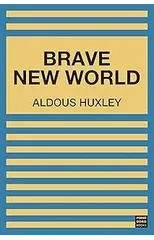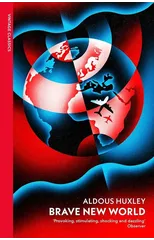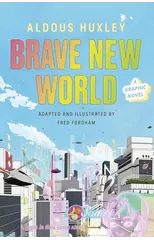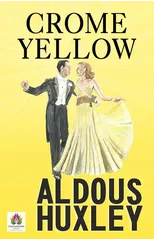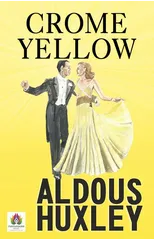At the age of 16, Huxley was stricken with an eye disease which left him in a state of near-blindness for many years thereafter. In 1939, in a state of exasperation, he began to practise the method of visual re-education evolved by Dr W.H. Bates. Within two months he was reading without spectacles and without eyestrain. An enthusiastic convert, Huxley wrote this book, a homage to the Bates method and a serious challenge to the orthodox medical profession.
Aldous Huxley
Aldous Huxley was a British writer and philosopher known for his dystopian novel "Brave New World," published in 1932. His works often explored themes of technology, society, and the human condition. Huxley's writing style was characterized by his use of satire and wit, as well as his keen observations of society. He was a prominent figure in the literary genre of dystopian fiction, influencing writers such as George Orwell and Margaret Atwood. In addition to "Brave New World," Huxley's other notable works include "Point Counter Point" and "The Doors of Perception." His contributions to literature continue to be celebrated for their thought-provoking commentary on the complexities of human existence.

